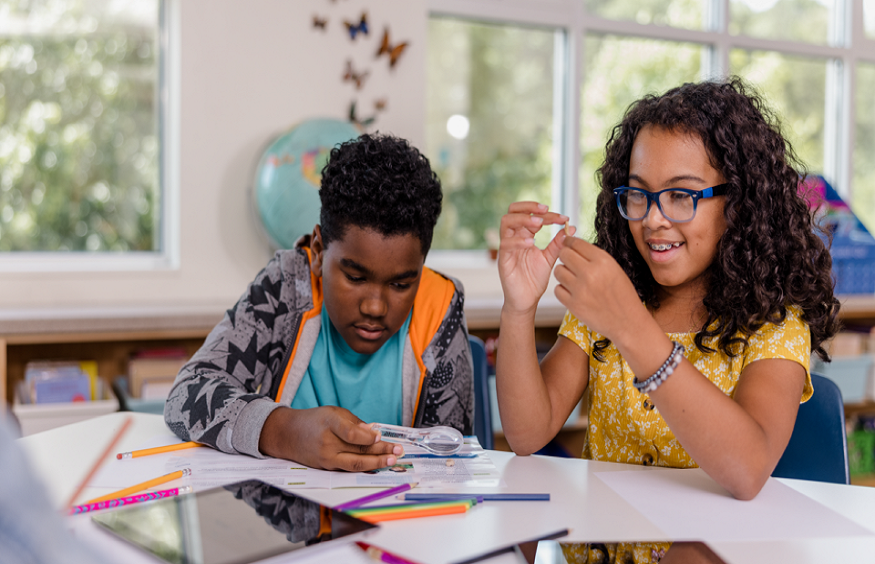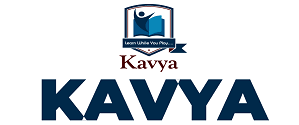
How to teach vocabulary to students in primary classes
admin
- 0
Teaching vocabulary to primary school students is not easy! Whatever the language, vocabulary is necessary to be able to communicate. It allows us to put ideas or concepts into words, and to communicate precisely and effectively about our thoughts, our desires, our emotions and our needs. Vocabulary is therefore one of the elements taught, just like grammar or spelling.
At home and at school, children hear new words every day. Their brain is a real sponge, but hearing these words is not enough to make them their own. A learning phase is necessary: this is why the programs recommend dedicated vocabulary lessons in primary school.
Teaching vocabulary in primary school
Myriam Bouvier-Chabert, author of the thesis “The acquisition of vocabulary in cycle 3”, defines the lexicon and vocabulary as follows:
Vocabulary is the set of words used by a person.
In everyday language, there is often teach vocabulary confusion between the two terms. However, a child needs the vocabulary – that is to say the words he will actually use – and not to know the entire French lexicon. It is therefore the vocabulary that is taught, and not the lexicon.
Learning therefore generally follows the following progression: unknown word, word belonging to the passive vocabulary, then active. Not all vocabulary words will be equally easy to learn, depending on their frequency of use and their complexity (meaning, form, pronunciation, etc.)
The importance of vocabulary
Vocabulary allows us to understand the outside world and to communicate: the more we master it, the better we can express our thoughts to others with precision and make ourselves understood. It is therefore a vector of good communication. Here is what French linguist Alain Bentolila says: “when students lack precise words, it is the meaning they are trying to give to the world that becomes obscured”. A student who does not have enough words to express his thoughts and communicate with others can therefore feel helpless and alone.
Also, it is necessary to distinguish familiar vocabulary from the more intensive vocabulary of school. In the private setting, students use colloquial expressions (e.g.: “That’s wow!”), while in class, they are encouraged to adopt words from the everyday register that they do not necessarily master. This will block their communication.
Vocabulary is not only necessary for writing, but also for reading and understanding a text. If the unknown words in a text are in the minority, students can understand them thanks to the context. Reading allows you to learn new words. However, if too many words are unknown to the student, he will not understand the text. This is why on Plume , during the reading phase of the stories to be co-written, we put the definitions of the most complicated words, in the form of synonyms. The child also has access to a picture book for many words.
Finally, words are a vector of academic success, because they are also used in other disciplines, throughout school and even later, in professional life, to communicate. Hence the importance of school, which aims to reduce inequalities – and in particular linguistic gaps through vocabulary learning – between students.
Vocabulary is not only necessary for writing, but also for reading and understanding a text. If the unknown words in a text are in the minority, students can understand them thanks to the context. Reading allows you to learn new words. However, if too many words are unknown to the student, he will not understand the text. This is why on Plume , during the reading phase of the stories to be co-written, we put the definitions of the most complicated words, in the form of synonyms. The child also has access to a picture book for many words


